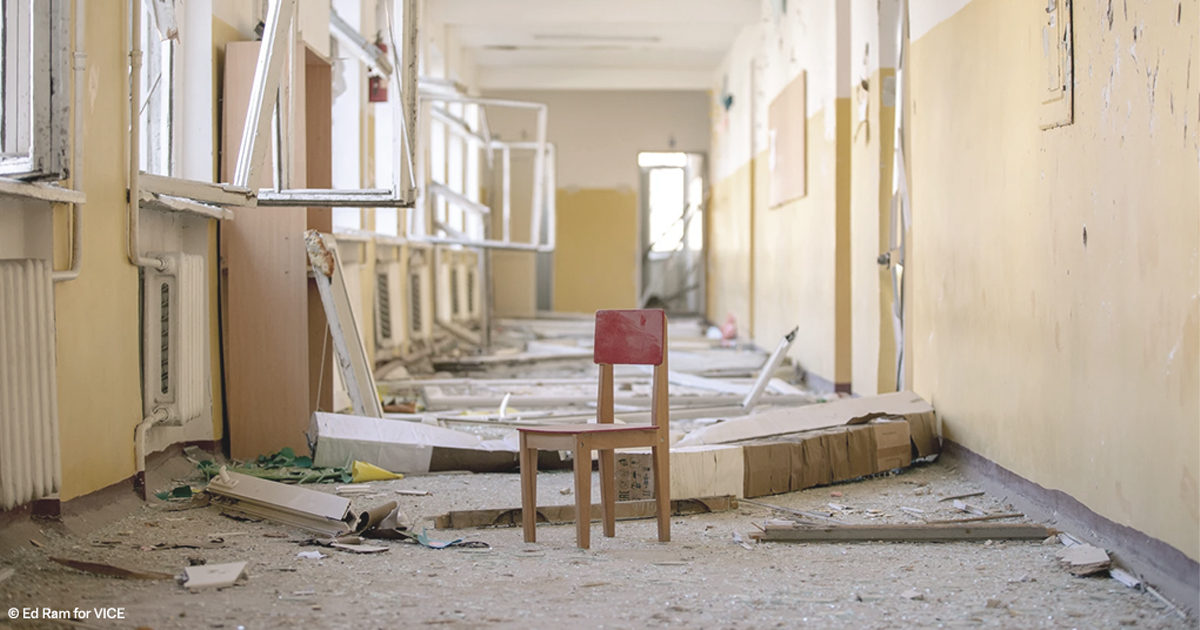The recent developments in Nagorno-Karabakh, a month-long blockade followed by a large-scale offensive on the region by Azerbaijani forces, the protracted conflict and the ensuing humanitarian tragedy have brought great sorrow to the lives of the most vulnerable members of our society, children. Many children faced the harsh realities of malnutrition and limited access to food due to severe shortages caused by the blockade and critical infrastructure damage. Since last week, many children in Nagorno-Karabakh have been brutally killed or injured in their homes or in the streets, or went missing. In the last days, after the cease-fire, hundreds of children along with their families have been deprived of food, sanitation, and shelter, and under difficult circumstances have been forced to seek refuge in Armenia.
As the Global Campus of Human Rights, we stand in solidarity with our partners in the Caucasus region and particularly with the members of the Global Campus Child Leadership Team in the region. Our most heartfelt thoughts go to the families, friends and loved ones affected by this devastating situation.
The impact of this conflict is not only immediate but will have long-lasting effects on the lives of the children in this region. These children who have been forced to flee, have been uprooted from their homes, separated from their families and put at risk of violence, exploitation and child trafficking. Their rights to safety, health, education, dignity and development have been unduly violated. Their psychosocial situation is also at risk of further deterioration, with millions of children already experiencing mental health issues. It is of paramount importance that obligations under international humanitarian and human rights law, as well as legal and moral obligations to keep children out of the line of fire, be strictly adhered to.
Finally, we underline the need to protect and strictly uphold the rights of children consistent with the Convention on the Rights of Child (1989) and its Optional Protocols on the involvement of children in Armed conflict (2002), Customary International Humanitarian Law and several international Human Rights instruments.
We would like to close by quoting Lusine, a girl from Nagorno-Karabakh and member of the GC Caucasus Child Leadership Team, who shared her experiences at our annual Conference on the Global State of Human Rights in Venice on 16 July 2022: “I am one of the thousands of children who felt on her skin what is war. Before the disaster which happened to me, I didn’t know what war is. I may reassure you that those who haven’t been through it, won’t understand the volume of distractions the war brings. […] After the war many children had been in stress and in depression, fears which will always accompany them and some of these children had serious mental health issues. The story is the same for all. The world should never ignore any child from any country big or small, including my homeland Nagorno-Karabakh.”
